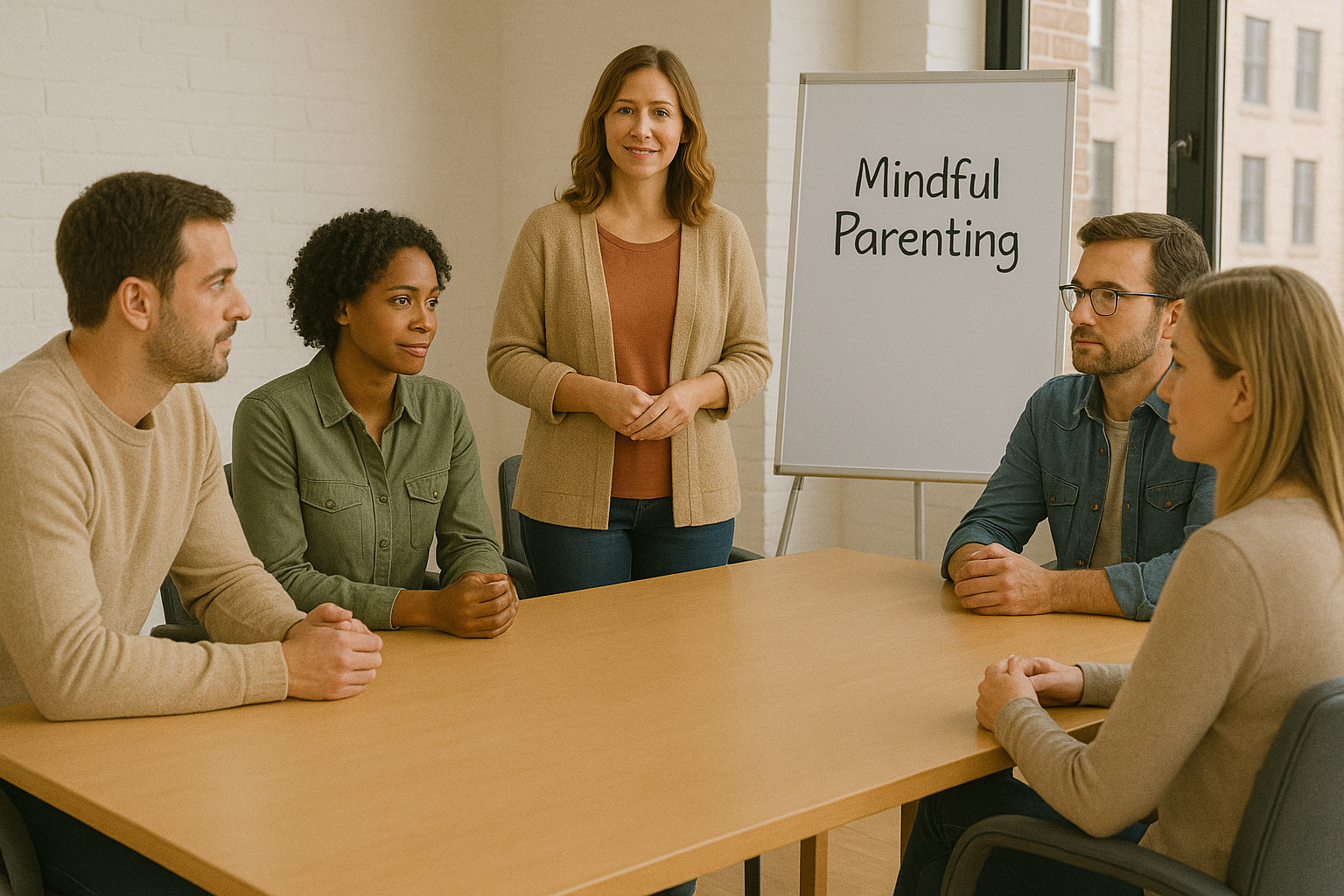If your teen is struggling with intense emotions, impulsive behaviors, self-harm, or feeling disconnected, you may have heard about Dialectical Behavior Therapy (DBT)—and for good reason. DBT is one of the most effective treatments for teens with emotion regulation challenges. At the Houston DBT Center we offer standard DBT (skills class and individual therapy) as well as the more intensive IOP. But here’s something many parents don’t realize: your role as a parent is essential to DBT’s success.
DBT isn’t just therapy for your teen. It’s a structured, skills-based treatment that recognizes a simple truth: healing happens in relationships, and teens don’t get better in isolation. Family involvement is a critical part of helping teens build a life worth living.
1. DBT Works Better When Parents Learn the Skills Too
DBT teaches four main skill areas:
-
Mindfulness (being present)
-
Distress Tolerance (surviving crises)
-
Emotion Regulation (understanding and managing emotions)
-
Interpersonal Effectiveness (building healthier relationships)
When parents learn these skills alongside their teen, it helps reduce conflict, increase understanding, and create a shared language at home. You and your teen become partners in the healing process, instead of opponents in daily power struggles. Careful, though, that you practice the skills for yourself and don’t police your child.

5. It’s Also About You: Setting Your Own Goals
Here’s something that often surprises parents: DBT isn’t just about your teen’s growth. It’s also about yours.
When you participate in DBT as a parent, you’ll be asked to set goals for yourself—not just for your child. For example, you might work on:
-
Responding to conflict without yelling or withdrawing
-
Creating structure while staying flexible
-
Managing your own emotional reactions
-
Letting go of guilt or perfectionism in parenting
-
Practicing self-care or asking for support when overwhelmed
This matters because your well-being impacts your teen’s. When parents model emotional balance, resilience, and self-compassion, they send a powerful message: healing is possible. Growth is possible. And it starts with us, too.
6. Research Supports Family Inclusion in DBT
Studies show that teens do better when families are involved. Benefits include:
-
Fewer hospitalizations
- Lower dropout rate
- Higher engagement in therapy
- Greater use of coping skills outside of therapy
- Better outcome
- Better communication at home
- Increased parent confidence
- Lower relapse rates
Simply put: you make a difference.
Final Thoughts
In DBT, we often remind parents:
“You didn’t cause this. You can’t control it. And you can’t cure it.
But you can create safety. You can build connection. And you can grow alongside your teen.”
By showing up, learning new skills, and setting goals for your own growth, you’re helping your teen heal—and building a healthier family for everyone.

